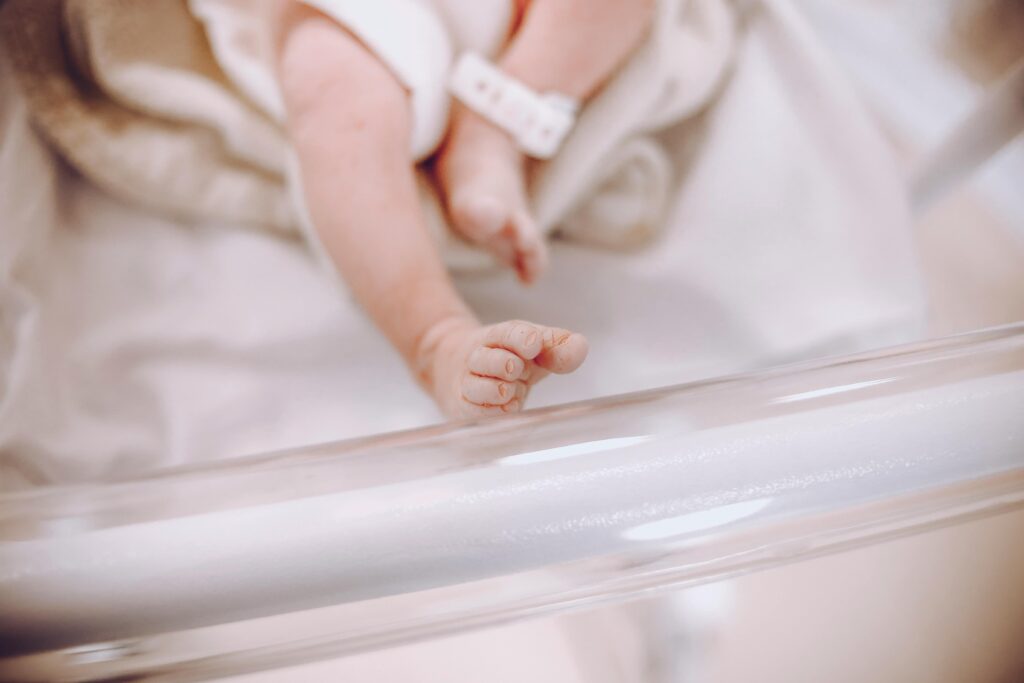Catalan Health Service sentenced for failure to diagnose a girl with Down syndrome prenatally
The Catalan Health Service (CatSalut) has been sentenced by the Administrative Litigation Court No. 6 of Barcelona to pay a couple 350,000 euros in compensation for failing to detect that their baby had Down syndrome during their first pregnancy. The association El Defensor del Paciente, which represented the couple in the legal proceedings, argued that […]

The Catalan Health Service (CatSalut) has been sentenced by the Administrative Litigation Court No. 6 of Barcelona to pay a couple 350,000 euros in compensation for failing to detect that their baby had Down syndrome during their first pregnancy.
The association El Defensor del Paciente, which represented the couple in the legal proceedings, argued that the parents were not properly informed about the possibility of carrying out appropriate tests to detect Down syndrome.
According to the ruling, this omission deprived the parents of exercising their right to voluntary termination of pregnancy, a right protected by the Law on Sexual and Reproductive Health and Voluntary Termination of Pregnancy.
Case Details
The monitoring of the pregnancy began in September 2017 at the regional hospital of Alt Penedès, where numerous ultrasounds were performed. Initially, some parameters were detected in the baby that indicated the possibility of having Down syndrome, such as the measurement of the femur and other neonatal biometrics of the fetus, which were lower than usual. However, the doctors decided to wait for additional tests and eventually ruled out any problems.
The parents requested an amniocentesis, but the hospital assured that there were no signs of abnormalities and did not inform them of other options for carrying out the test. The plaintiffs allege that this omission led to the lack of prenatal diagnosis of Down syndrome, which prevented the parents from making an informed decision about terminating the pregnancy.
Bioethical assessment
The recent ruling against the Catalan Health Service for the lack of prenatal diagnosis of Down syndrome raises a fundamental bioethical question: the dignity of human life and the way in which society considers the value of people with disabilities.
From a personalist perspective, the debate around this case should not focus on the possibility of terminating a pregnancy, but on the inalienable right to life and the need for medical care that respects the dignity of every human being, regardless of their genetic condition. The implicit assertion in the lawsuit and in the court ruling suggests that the birth of a child with Down syndrome is a harm that deserves financial compensation, an idea that is deeply worrying from an ethical point of view, since it reinforces discrimination against people with disabilities.
Every human life has an intrinsic value and medicine must be at the service of the health and well-being of each person, not of eugenic criteria that encourage the selection of human beings based on their capabilities. It is worrying that prenatal care is perceived as a means to avoid the birth of children with certain conditions, instead of focusing on offering comprehensive care to families, preparing them to receive and care for their child with the necessary support. Furthermore, in many cases, prenatal diagnosis allows therapeutic intervention on the fetus to treat certain pathologies prematurely.
The omission of a diagnosis may constitute malpractice, which must be corrected. But the purpose of any diagnosis is to treat any dysfunction it identifies, that is, to contribute to improving the health of the patient on whom it is performed. When the diagnosis is carried out for eugenic purposes – to eliminate the patient – it is diametrically removed from its clinical meaning, as occurs in cases of preimplantation and prenatal diagnosis that are carried out to promote abortions.
Families with children affected by any disability deserve to receive the necessary help for their care and upbringing and this should be prioritized. But this is very different from granting compensation for not having performed an abortion due to lack of information. Considering abortion as a right constitutes a frontal attack on the right to life of the nasciturus, which must be rejected in any case.
Julio Tudela – Cristina Castillo – Bioethics Observatory – Life Sciences Institute – Catholic University of Valencia
Related article HERE
Related

A Call for Peace in 16 Languages in Krakow and Across Six Continents
Heschel Centre for Catholic-Jewish Relations at the Catholic University of Lublin
11 March, 2025
2 min

The Spirit led him through the desert, while he was tempted: Fr. Jorge Miró
Jorge Miró
09 March, 2025
3 min

Reflection by Monsignor Enrique Díaz: Temptations
Enrique Díaz
08 March, 2025
6 min

The Church in Mexico calls to promote the culture of life in the Jubilee of Hope 2025
Exaudi Staff
06 March, 2025
1 min
 (EN)
(EN)
 (ES)
(ES)
 (IT)
(IT)

